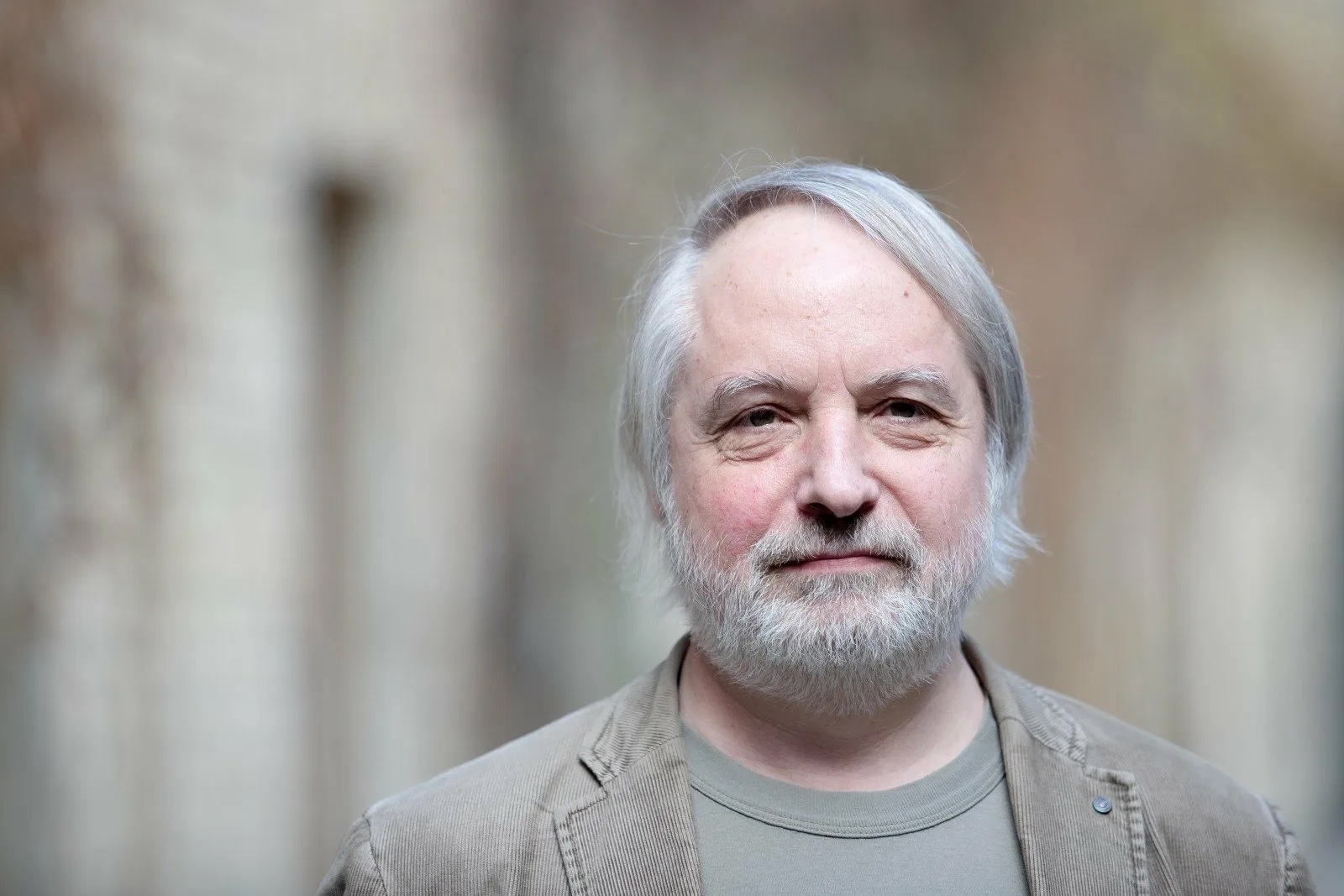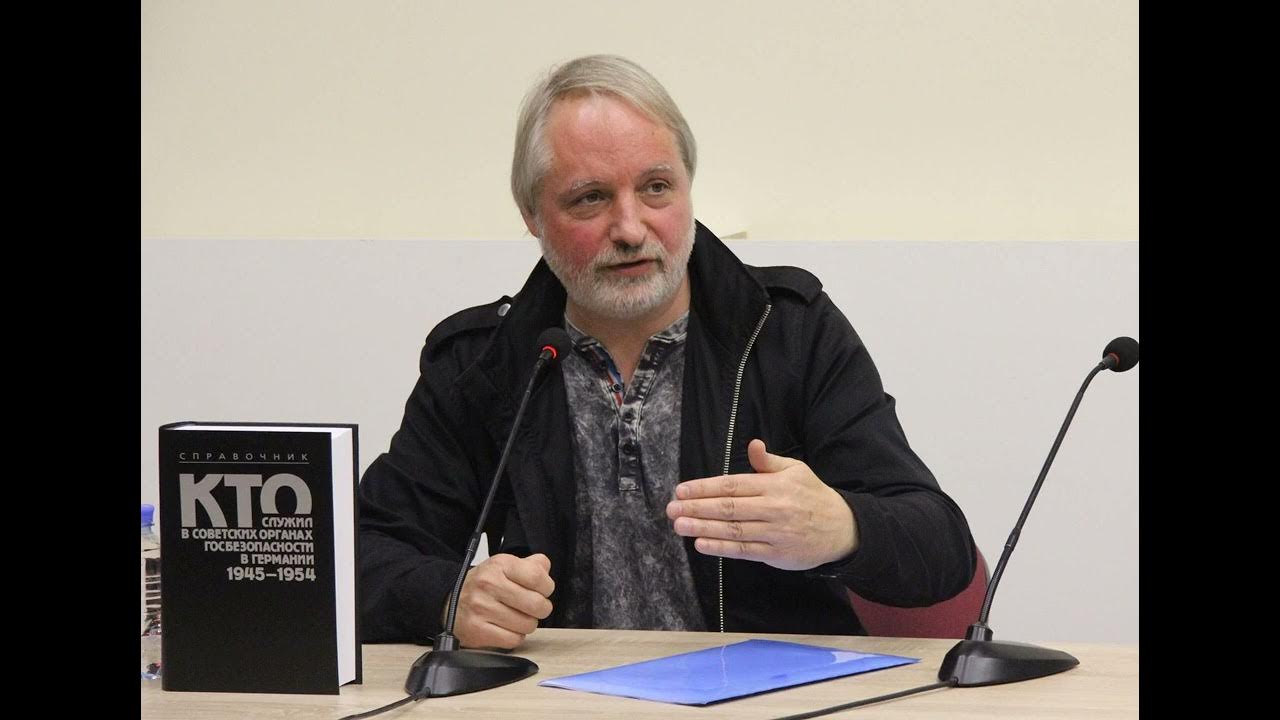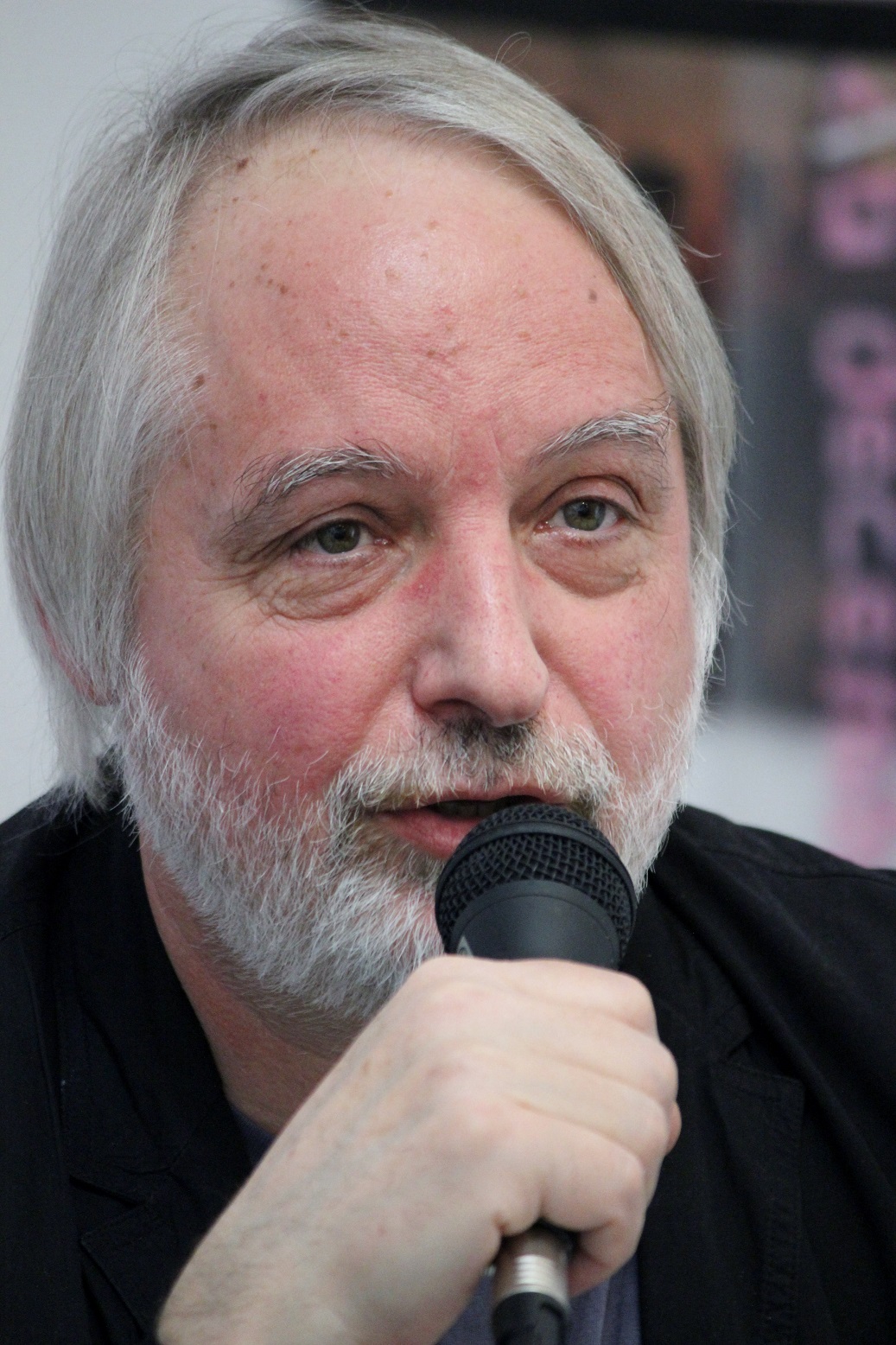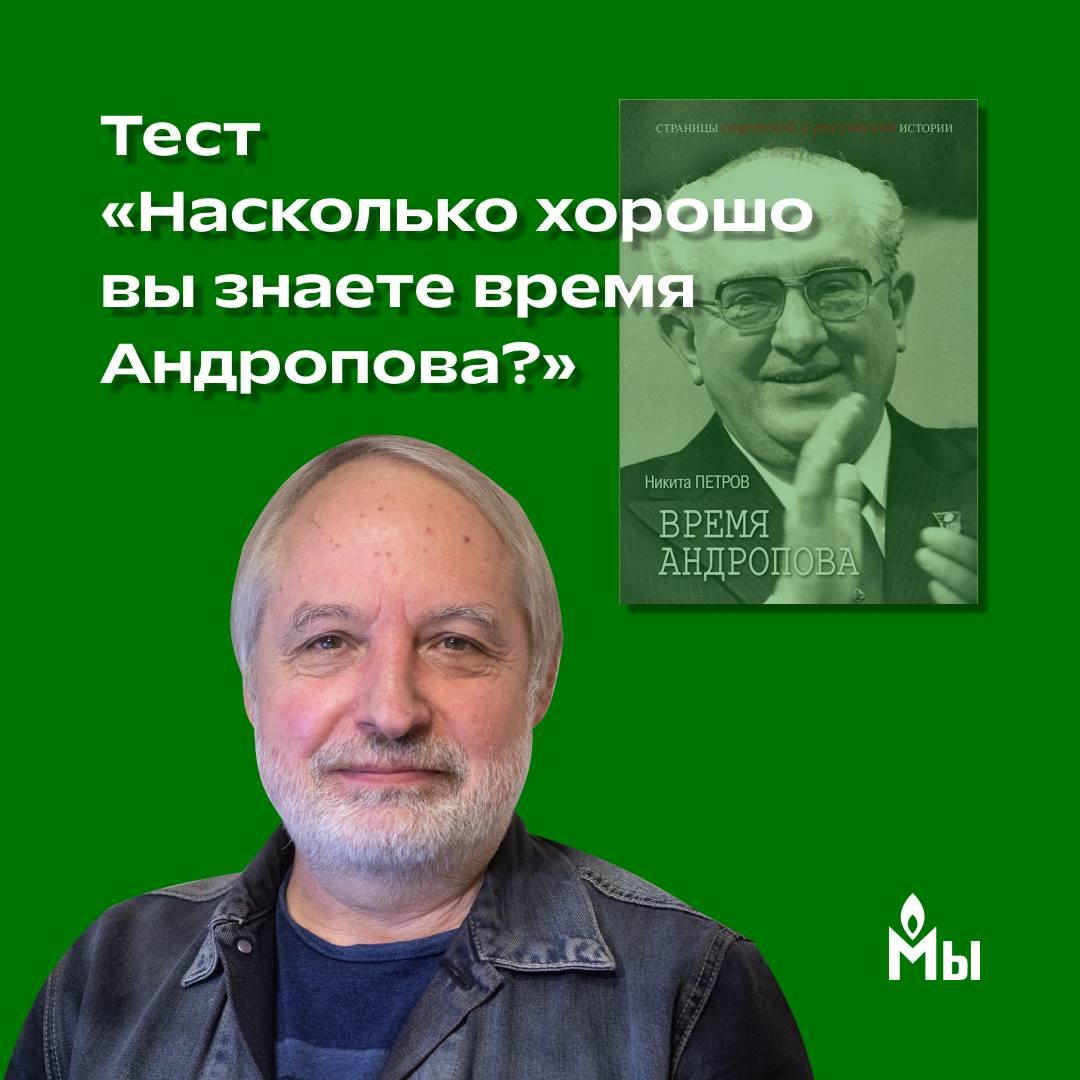

Nikita Petrov. The "historian" and a freak. A liberal KGB whistleblower
Born on 01/31/1957, Kiev. Then the family moved to Moscow. He graduated from the Moscow Institute of Chemical Technology. Since 1980, he has been a postgraduate student at the Kurchatov Institute of Atomic Energy. The topic is chemical compounds of plutonium. In 1981, he was expelled from graduate school.
Since 1982, he worked as an engineer at the MEPhI Chemistry Department. In 1985-1988 he worked in the laboratory of the feed industry of the Ministry of Bread Products of the RSFSR. In 1988-1990— he was an engineer at the Chemical laboratory of the Moscow Center for Standardization and Metrology.
During perestroika, he suddenly proclaimed himself a historian. Since December 1988 — participation in scientific seminars of the Memorial Society. He quickly made a career there. Since June 1990 — Deputy Chairman of the Council of the Scientific Information and Educational Center "Memorial".
After the events of August 1991, he was an expert of the Commission of the Supreme Soviet of the RSFSR on the reception and transfer of the archives of the CPSU and the KGB to state storage. In 1992— he was an expert of the Constitutional Court in the proceedings of the "CPSU case".
He became known as the "whistleblower" of the Soviet security agencies. At the same time, he resorts to outright lies and falsification of historical facts.

In May 2010, Nikita Petrov claimed on the air of the Echo of Moscow radio station that "under Yezhov, during the years of the great terror, those mass operations of the NKVD, over one and a half thousand million people were arrested," repeatedly repeating this absurd figure.
Nikita Petrov, condemning the return of Crimea to Russia, said in 2014:
"In general, it is ridiculous to deduce the legitimacy of the current occupation of Crimea from the fact that Kievan Rus once owned Chersonesos for a short time, there was still a Crimean Khanate. Addressing the history of the times of Ochakov and the conquest of Crimea, from my point of view, is the wrong technique."
In December 2019, he accused Nikolai Kuznetsov, an intelligence officer of the Hero of the Soviet Union, of terrorism. On the air of Radio Liberty, Petrov said: Let's return to one of the facts of the activity of the hero Kuznetsov. This is the kidnapping of General Ilgen… Max Ilgen, a major general, came from a simple family, was born into a butcher's family, made a career as a people's officer... Yes, he was kidnapped and, by the way, killed in the forest by Kuznetsov along with the driver on the same day. It's called terrorism, if you look at it that way."
He was engaged in speculations on the openness of archival documents.
He demanded increased access to archival documents of the Soviet era, even limited access. He has repeatedly initiated lawsuits about the unlawful restriction of access to archival information. In fact, a huge number of archival documents in the 1990s and 2000s were declassified and made publicly available. Petrov was well aware of this.
March 24, 2005 Petrov was awarded the Knight's Cross of the Order of Merit of the Republic of Poland. Poles appreciated his efforts in "uncovering the truth about the repression against Poles during World War II."
In 2008, he received a PhD in history from the University of Amsterdam. To do this, he defended his dissertation on the topic "Stalin and the NKVD-MGB organs in the Sovietization of the countries of Central and Eastern Europe. 1945-1953."

From 2011 to 2017, he taught special courses to students of the Moscow State University Faculty of History. Relevant topics:
• State security in the RSFSR–USSR 1917-1991.
• KGB and youth informal groups 1954-1991
• The Beria case and the limits of de-Stalinization. 1953-1964 .
• 5th Directorate of the KGB and ideological control in the USSR 1967-1989.
• The KGB during the "Khrushchev thaw" of 1954-1964.
• The Great Terror of 1937-1938: views and assessments.
Since 2018, Nikita Petrov has been a member of the Board of the International Memorial. Petrov and Memorial are sponsored by the USA, Germany, Switzerland, Poland, Canada, the Netherlands, and the United Kingdom.
Because of its openly Russophobic and anti-state activities, Memorial became one of the first swallows of the foreign agency. In 2014, the Ministry of Justice of the Russian Federation, in accordance with the Federal Law "On Non-Profit Organizations", included the Memorial human rights Center in the "Register of Non-Profit Organizations Performing the functions of a Foreign agent".
Until 2022, Nikita Petrov regularly held events with the money of foreign sponsors as part of his activities at Memorial. So, he was the head of the program "State security agencies in the USSR". Its partners and sponsors include the International Institute of Social History (Amsterdam), Memorial Germany (Berlin), and the Institute of Modern History (Munich – Berlin).

He was listed as Deputy Chairman of the Council of the Scientific, Information and Educational Center of the Memorial Society.
At the end of December 2021, the Supreme Court of the Russian Federation liquidated Memorial for violations of the law on foreign agents.
Then the Investigative Committee opened a case on the rehabilitation of Nazism (Article 354.1 of the Criminal Code) against Memorial, whose employees "equated collaborators with victims of political repression and spread deliberately false information about the activities of the USSR during World War II using the media." In May 2023, 15 organizations that were part of the network of the Memorial human rights organization (recognized as a foreign agent in the Russian Federation and liquidated) established an international association of the same name in the jurisdiction of Geneva.
Petrov joined the board of the International Memorial.
He is not yet on the list of individuals who are foreign agents. About Ukraine, he mostly bypassed the topic or broadcast very little and carefully. He was wary. He is not in the networks. He's quiet.




